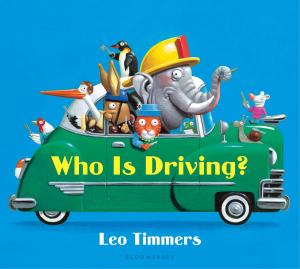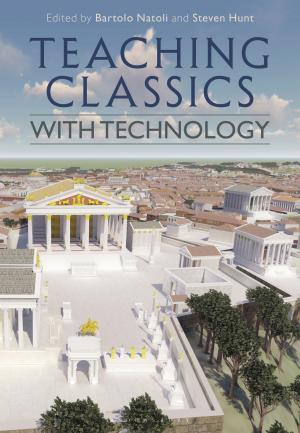Religion, Race, Rights
Landmarks in the History of Modern Anglo-American Law
Nonfiction, Reference & Language, Law, Legal History| Author: | Professor Eve Darian-Smith | ISBN: | 9781847317315 |
| Publisher: | Bloomsbury Publishing | Publication: | May 20, 2010 |
| Imprint: | Hart Publishing | Language: | English |
| Author: | Professor Eve Darian-Smith |
| ISBN: | 9781847317315 |
| Publisher: | Bloomsbury Publishing |
| Publication: | May 20, 2010 |
| Imprint: | Hart Publishing |
| Language: | English |
The book highlights the interconnections between three framing concepts in the development of modern western law: religion, race, and rights. The author challenges the assumption that law is an objective, rational and secular enterprise by showing that the rule of law is historically grounded and linked to the particularities of Christian morality, the forces of capitalism dependent upon exploitation of minorities, and specific conceptions of individualism that surfaced with the Reformation in the sixteenth century and rapidly developed in the Enlightenment in the seventeenth and eighteenth centuries. Drawing upon landmark legal decisions and historical events, the book emphasises that justice is not blind because our concept of justice changes over time and is linked to economic power, social values, and moral sensibilities that are neither universal nor apolitical. Highlighting the historical interconnections between religion, race and rights aids our understanding of contemporary socio-legal issues. In the twenty-first century, the economic might of the USA and the west often leads to a myopic vision of law and a belief in its universal application. This ignores the cultural specificity of western legal concepts, and prevents us from appreciating that, analogous to previous colonial periods, in a global political economy Anglo-American law is not always transportable, transferable, or translatable across political landscapes and religious communities.
The book highlights the interconnections between three framing concepts in the development of modern western law: religion, race, and rights. The author challenges the assumption that law is an objective, rational and secular enterprise by showing that the rule of law is historically grounded and linked to the particularities of Christian morality, the forces of capitalism dependent upon exploitation of minorities, and specific conceptions of individualism that surfaced with the Reformation in the sixteenth century and rapidly developed in the Enlightenment in the seventeenth and eighteenth centuries. Drawing upon landmark legal decisions and historical events, the book emphasises that justice is not blind because our concept of justice changes over time and is linked to economic power, social values, and moral sensibilities that are neither universal nor apolitical. Highlighting the historical interconnections between religion, race and rights aids our understanding of contemporary socio-legal issues. In the twenty-first century, the economic might of the USA and the west often leads to a myopic vision of law and a belief in its universal application. This ignores the cultural specificity of western legal concepts, and prevents us from appreciating that, analogous to previous colonial periods, in a global political economy Anglo-American law is not always transportable, transferable, or translatable across political landscapes and religious communities.















